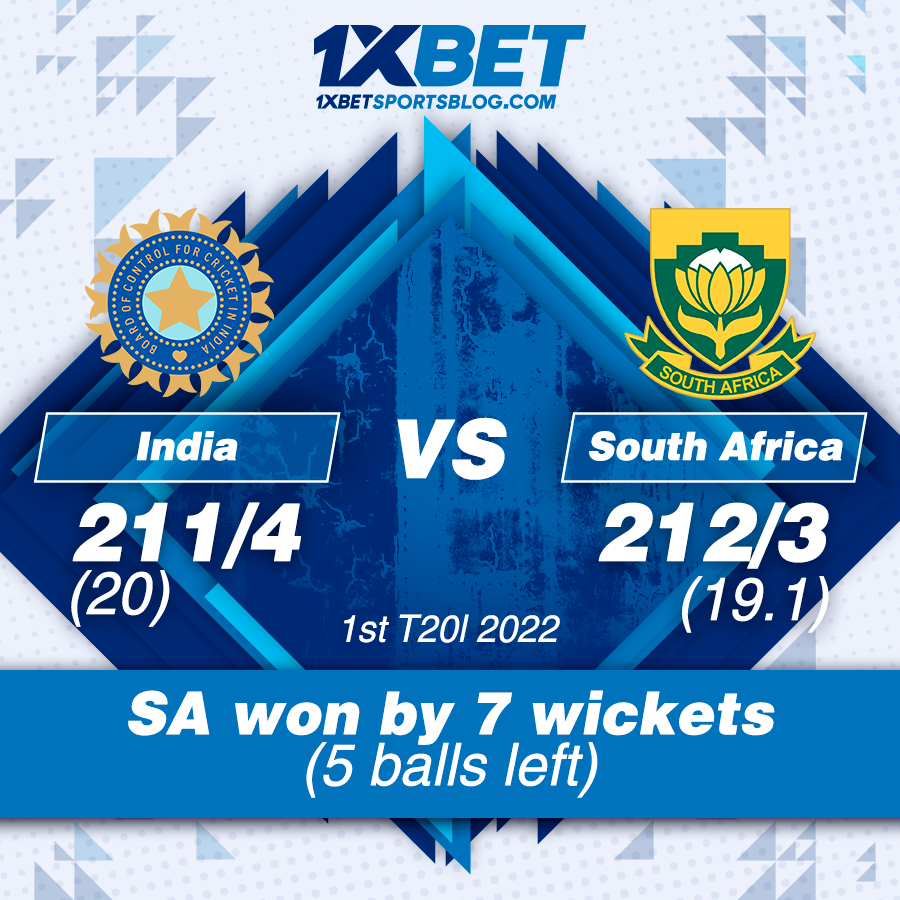Cricket's New Horizon: Players Declining Central Contracts; A Growing Trend?

The landscape of professional cricket is seemingly shifting, as witnessed on Thursday when Tabraiz Shamsi added his name to an emerging list of cricketers opting not to sign central contracts with their national boards. This trend, however nascent, traces its origin to South Africa, with players like Quinton de Kock and Anrich Nortje setting the example.
In growing numbers, cricketers from New Zealand, such as Kane Williamson, Trent Boult, and Devon Conway, to name a few, have also declined to sign national contracts. Similar instances are seen in West Indies, where Nicholas Pooran, Andre Russell, Jason Holder, and Kyle Mayers, and England's Jason Roy have taken similar action.
Despite their lack of contractual obligation to their countries, these players remain committed to representing their nation. This shift owes its momentum to the burgeoning T20 revolution. If a player possesses the necessary skills and performance, T20 franchises are willing to reward them adequately.
T20 franchises, from a civilian's perspective, have revolutionized professional cricket in a similar manner to how ride-hailing apps have impacted transportation— eliminating the burden of rising fuel costs, insurance, and maintenance, and providing the convenience travellers desire.
Certain cricket enthusiasts might balk at this evolution, especially those who uphold the traditional belief that international cricket is the pinnacle of the sport. However, this shift seems to be a logical progression in the professionalization of cricket.
Although the repercussions of these changes on the sport remain uncertain, experts like Andrew Breetzke, the chief executive of the South African Cricketers' Association, have a positive outlook. Breetzke anticipates that players at the highest level won't need to be contracted to a specific country in the future. He also highlights the need for a win-win situation for cricket boards, teams, and the players.
Such instances of adaptation to change can be seen in the South African Rugby Union's approach, who despite the drain of talent due to currency weakness, managed to navigate professionalism post-1995 effectively. This situation points to a potential roadmap for cricket as it ventures into this brave new world.





